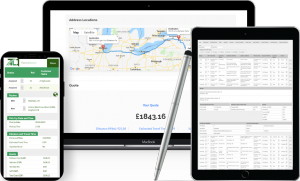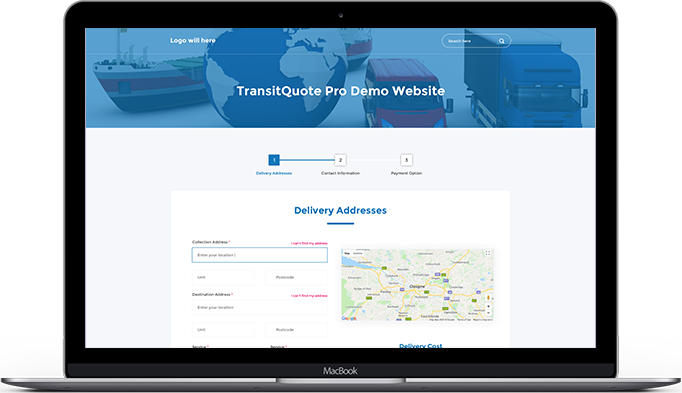
As you read this, Coronavirus (COVID-19) continues to spread across the world at an alarming rate. As with every other industry it has impacted, the transportation and courier industry has also borne the brunt of the deadly virus that has now affected every big and small economy, institution, and people of the world.
The courier, freight and transportation industry is in a unique position. Despite the impact, it must work constantly to maintain supply chains, delivering goods and services, especially food and medical supplies to workers and citizens involved in relief measures all the while respecting the government guidelines to stay safe, maintain social distancing, and remain isolated from the virus.
So at this crucial time, how are these organizations coping up with carrying out their responsibilities while keeping their employees safe from the impact of the Coronavirus. Let’s look at some of the measures that have been put into place by organizations worldwide to deal with the unprecedented situation.
All the companies operating their fleet ensure and implement standards of safety for loading and unloading of goods, particularly in quarantined areas. The drivers and other staff on the road carry all relevant documents at all times to ensure that they are following all government regulations of the region they are entering or operating in.
- The movement of the vehicles is constantly tracked.
- Regulate driving and rest time rules to ensure the staff get adequate rest and sleep.
- Maintain efficiency in logistics for critical goods and enable drivers to leave regions impacted by the virus or quarantine zones as quickly as possible after deliveries.
- Wherever possible, in view of the restrictions imposed in the most critically affected regions, opt for delivery at night.
- Many companies have set up emergency communication teams that work from their homes coordinating the transportation efforts through video and teleconferencing.
- Be prepared for a surge in demand for deliveries at home if the impact of the virus gets bigger or stays longer than expected. That is because in such a scenario, the consumers would most likely want to avoid shopping outdoors due to fear or large crowds.
- Prioritize the type of deliveries to be made based on the goods concerned. For example, food and medicine over something like toys or electronic equipment.
U.K Government Advisory For The Transport Sector
International and domestic freight transport has been classified as an essential activity as part of its advisory. To comply with its regulations, all transport and logistics companies must ensure the following:
- If anyone from the staff or passenger becomes unwell and starts showing symptoms of cough, cold or fever, they must be sent home.
- The passengers must be advised to wash their hands for 20 seconds, both before and after their use of public transport.
- Frequently clean and sanitise vehicles and other equipment used very often with standard cleaning products.
- Make regular announcements at the workplace to reinforce important messages such as washing hands, maintaining social distancing (people staying a minimum of 2 metres from each other), and things to do if unwell.
- Finally, If they need clinical advice, they should go online to NHS 111 (or call 111 if they don’t have internet access). In an emergency, call 999 if they are seriously ill or injured or their life is at risk. Do not visit the GP, pharmacy, urgent care centre or a hospital.
For more information on such measures and what the government guidelines are, visit the following links.



